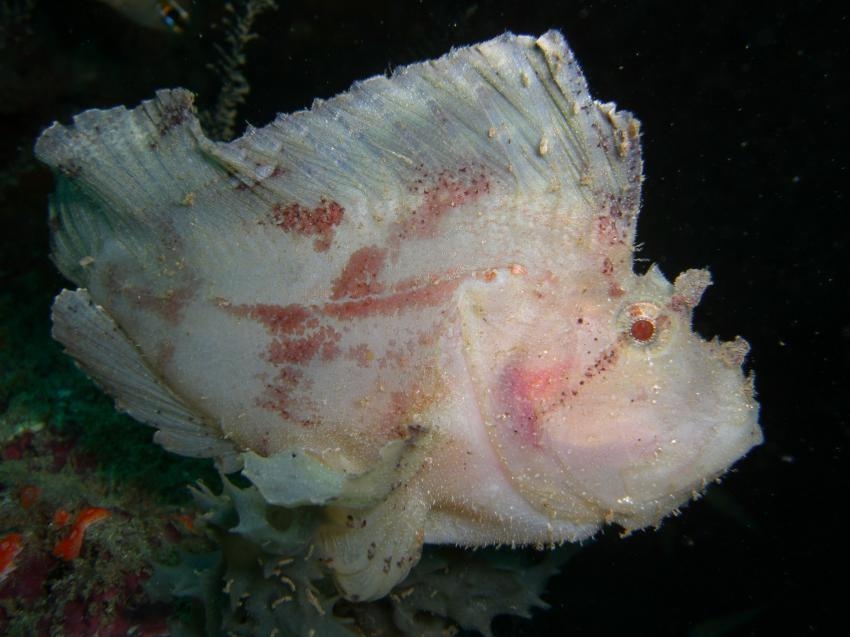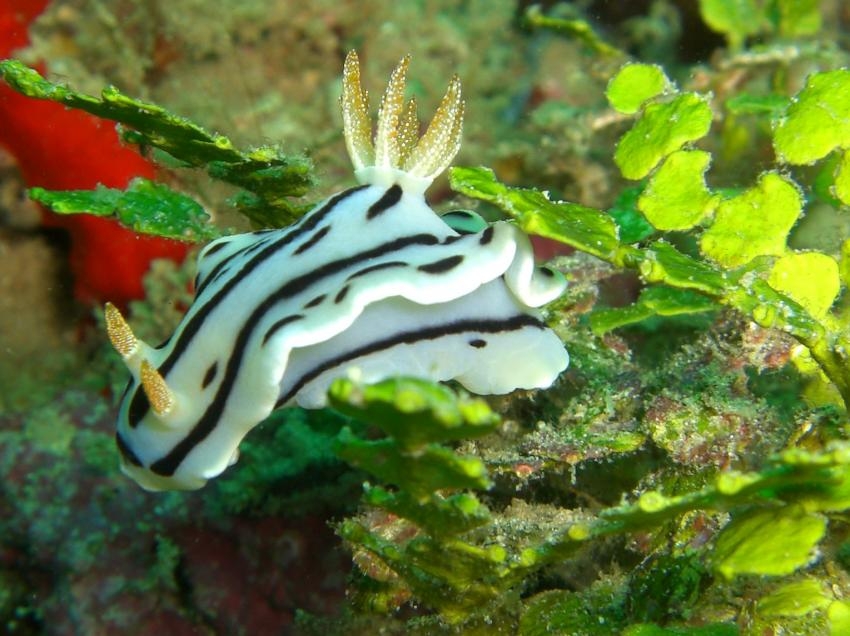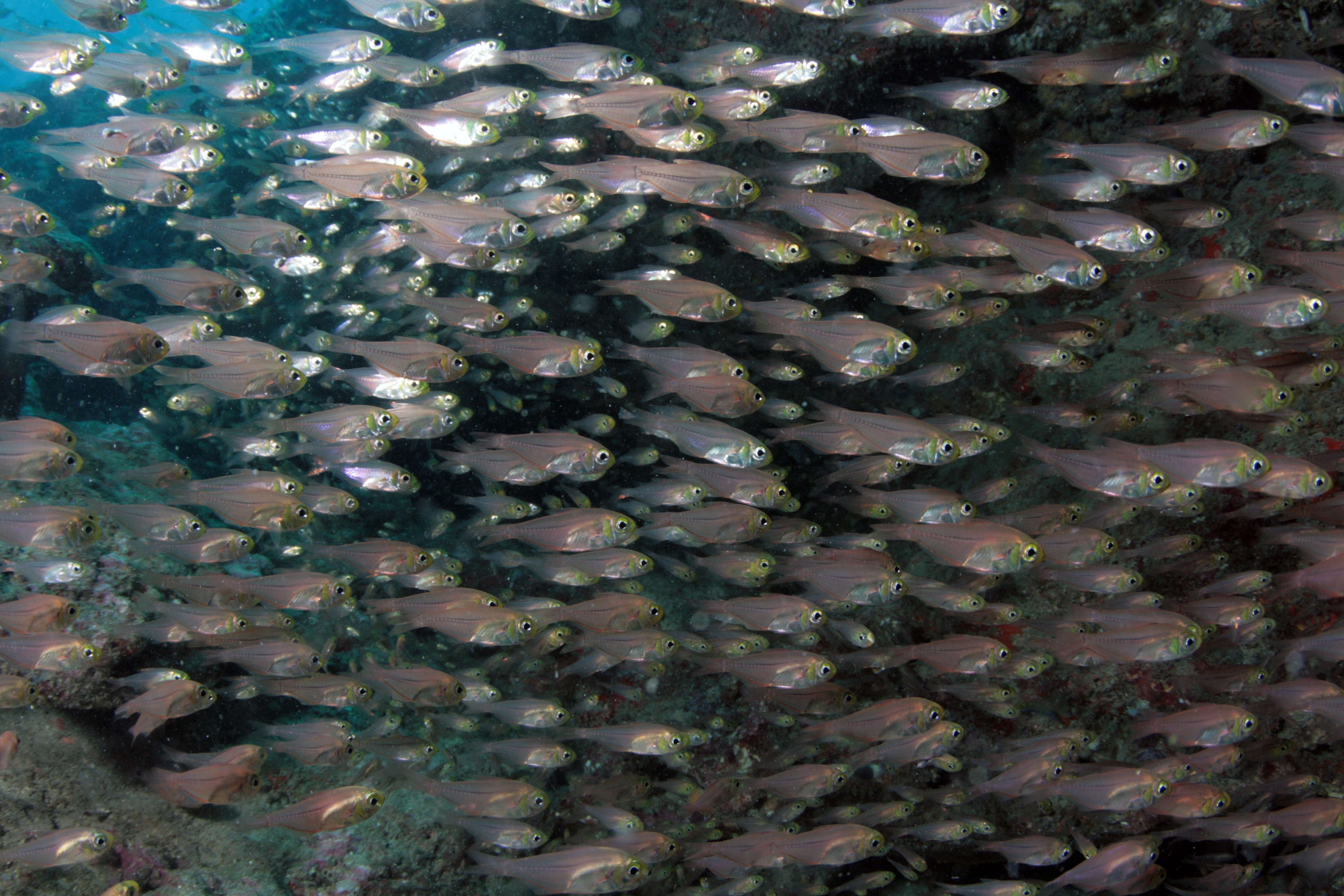Diving in Watamu Marine National Park!
November 12, 2019Kenya's coast is long, the area around the place Watamu of which is the most scenic. Also, off the coast is Kenya's oldest Marine Conservation Park, which makes it interesting for divers, and Temple Point Resort is the finest hotel in the area with excellent value for money.
Founded in 1968, the Marine National Park extends from Malindi to the mouth of the Mida Creek. There are about 200 different fish species there, many moray eels, turtles and surgeonfish. You can see Napoleon's regularly, just as large schools of fish, and whale sharks and manta rays come by between November and February.
The reefs here are in a mediocre condition: In addition to wonderful coral gardens, there are always little areas that are affected by the coral bleaching. As in the whole Indian Ocean, the episodes of El Nino can be seen everywhere. The best remedy: Move only twenty meters away, the picture changes again and you are in the middle of wonderful and healthy corals.
What remains is the abundance of fish and the certainty that marine reserves are what the world's oceans need most. Especially if they are consistently protected as in this case. A 14-man team of the Kenya Wildlife Service is on-site day and night, illegal fishing almost extinct, which is due to the hard penalties: Who kills protected animals in Kenya illegally, can expect up to life imprisonment. Certainly not everything is perfect in this country, which is characterised by corruption, but certainly better than in other areas of Africa - Tanzania, for example, can be seen as a negative example of illegal big-game hunts.
Kenya is not a land which you only visit because of the scuba diving… what can be seen above water is far too unique. It is a land rich in natural resources and poor in terms of prosperity of the population. A country where tourism does what it can do at best - it contributes to its survival, as a source of income, in terms of population and animal life. Only with the income from tourism, the protection of animals is guaranteed. In that sense, any trip there is always a reassurance for your own conscience - the great impressions and images that you never forget, there is almost free of charge on top of it.


